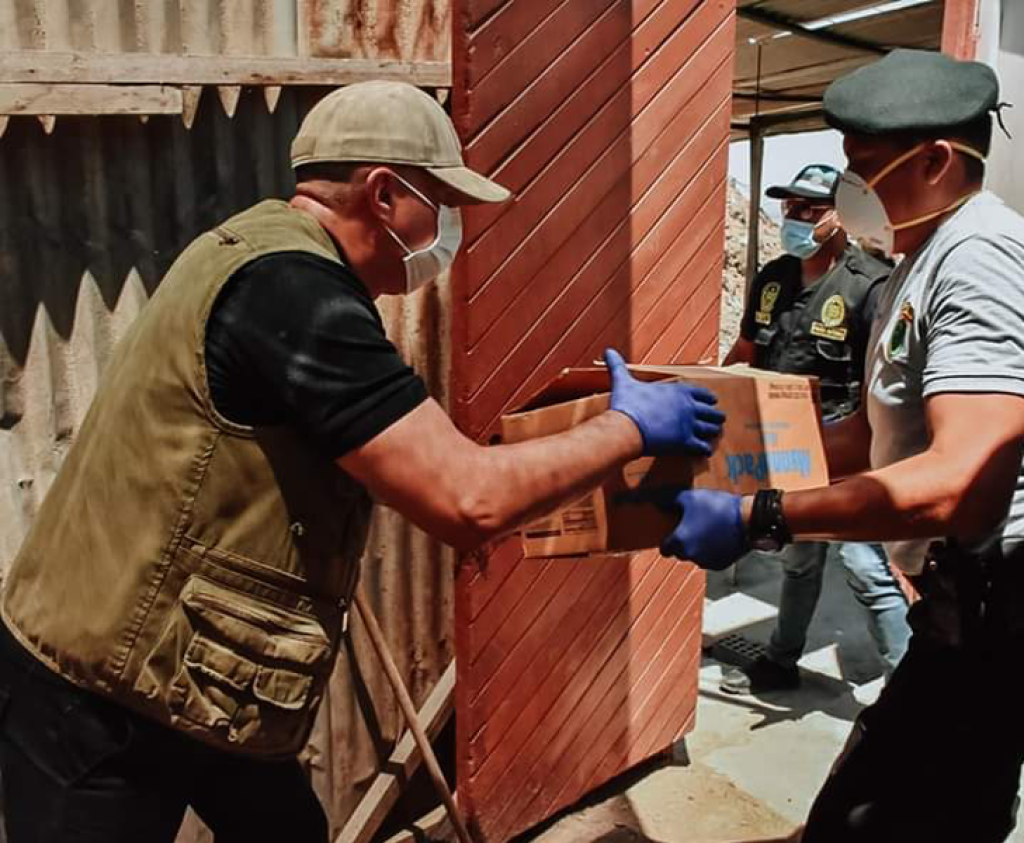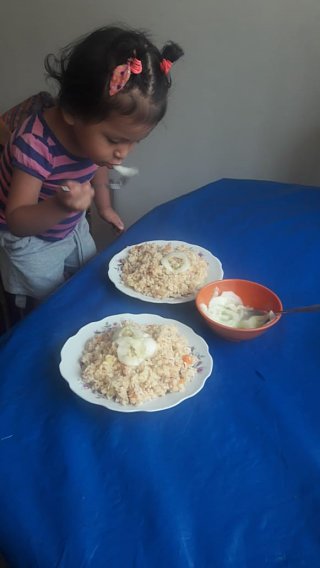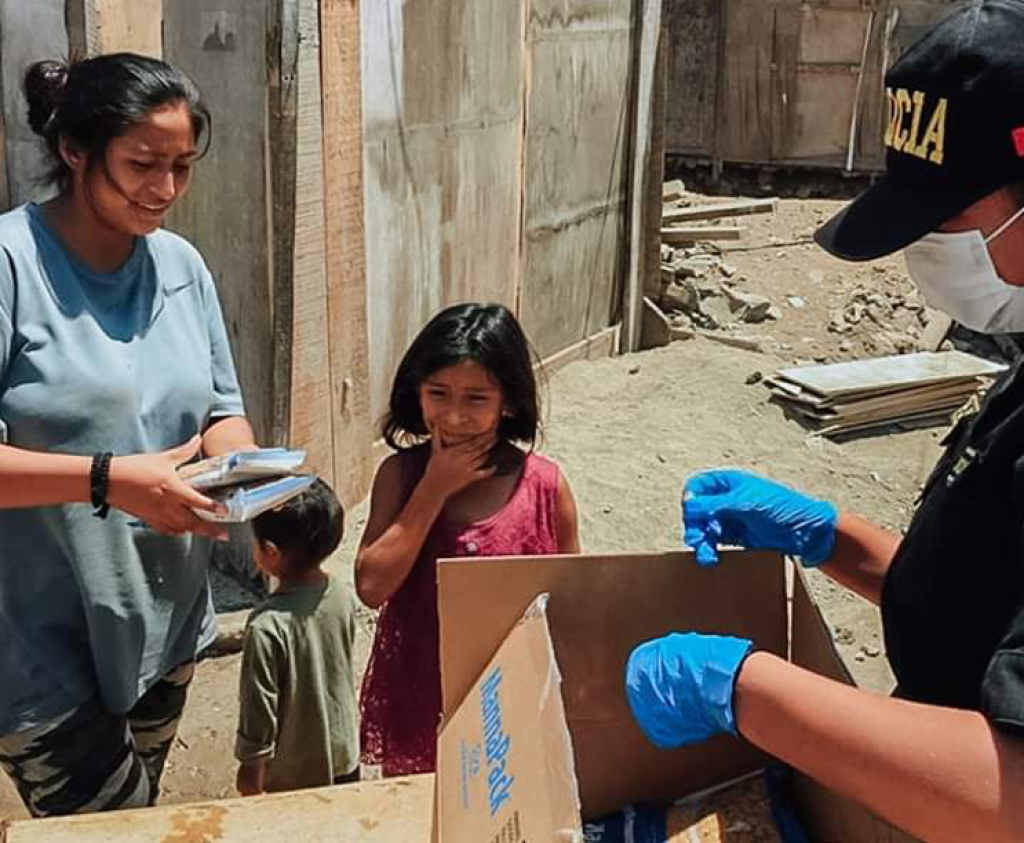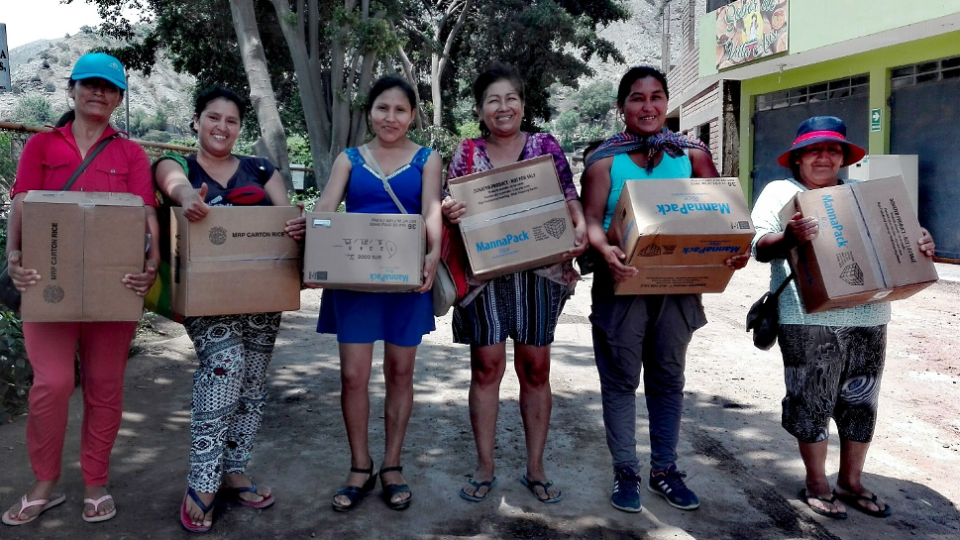Coronavirus: Buckner Peru uses resources, advocacy to help desperate families
Buckner Peru marshalled its resources this week to help two communities desperate for aid in the wake of shortages brought on by the COVID-19 pandemic by serving 1,291 families. Buckner Peru Executive Director Claudia Leon said her team continues to respond to shortages of food and water in the communities of Pamplona and Villa Hermosa, just outside Lima, in two unique ways.
The shortages have made families "really desperate and suffering," Leon said. "We developed plans for aid distribution and client assistance and finalized them March 24." Buckner operates Family Hope Centers in both communities.
 She said the Buckner NGO, or non-governmental organization, has "plenty of food, so we planned to get the Air Force to help us distribute the food. We are coordinating with the local municipality of Pamplona since we have an MOU with them and they own one of our Buckner Family Hope Centers. Since there is so much desperation, it can be dangerous to enter the community with boxes of aid, so we need a police or armed forces presence to organize and maintain control to avoid chaos."
She said the Buckner NGO, or non-governmental organization, has "plenty of food, so we planned to get the Air Force to help us distribute the food. We are coordinating with the local municipality of Pamplona since we have an MOU with them and they own one of our Buckner Family Hope Centers. Since there is so much desperation, it can be dangerous to enter the community with boxes of aid, so we need a police or armed forces presence to organize and maintain control to avoid chaos."
By March 26, the Buckner aid began reaching the families.
 "The families are so grateful for the food," Leon said. "They are sending us pictures showing what they are preparing. I’m so happy we’ve been able to help our families and hundreds of others."
"The families are so grateful for the food," Leon said. "They are sending us pictures showing what they are preparing. I’m so happy we’ve been able to help our families and hundreds of others."
Pamplona and Villa Hermosa are characteristic of many of the communities that have built up around Lima and have few resources and utilities. Signs of poverty and family stress are common. Many families come to the Buckner Centros de Esperanza Familiar, or “Buckner Family Hope Centers," in each community, seeking help, such as education, aid or business development opportunities. Often, the stress of poverty leads to spiritual and emotional issues among families, and the the Family Hope Centers are also equipped to provide counseling and spiritual support.
Leon also noted Buckner made a significant difference in the situation after water delivery was halted in the communities.
 "The areas had been without water for more than three days and Buckner staff was trying to figure out a way to help them from a distance, since everyone was quarantined by government orders," she said. "Our staff told the families of our Family Hope Centers to make videos on (the social media app) WhatsApp and send them out so it could put pressure on authorities. We shared the videos, which resulted in a reporter going out and doing a story. The result was that, after six total days without water, they were finally getting some water delivered on March 23."
"The areas had been without water for more than three days and Buckner staff was trying to figure out a way to help them from a distance, since everyone was quarantined by government orders," she said. "Our staff told the families of our Family Hope Centers to make videos on (the social media app) WhatsApp and send them out so it could put pressure on authorities. We shared the videos, which resulted in a reporter going out and doing a story. The result was that, after six total days without water, they were finally getting some water delivered on March 23."




Add a Comment